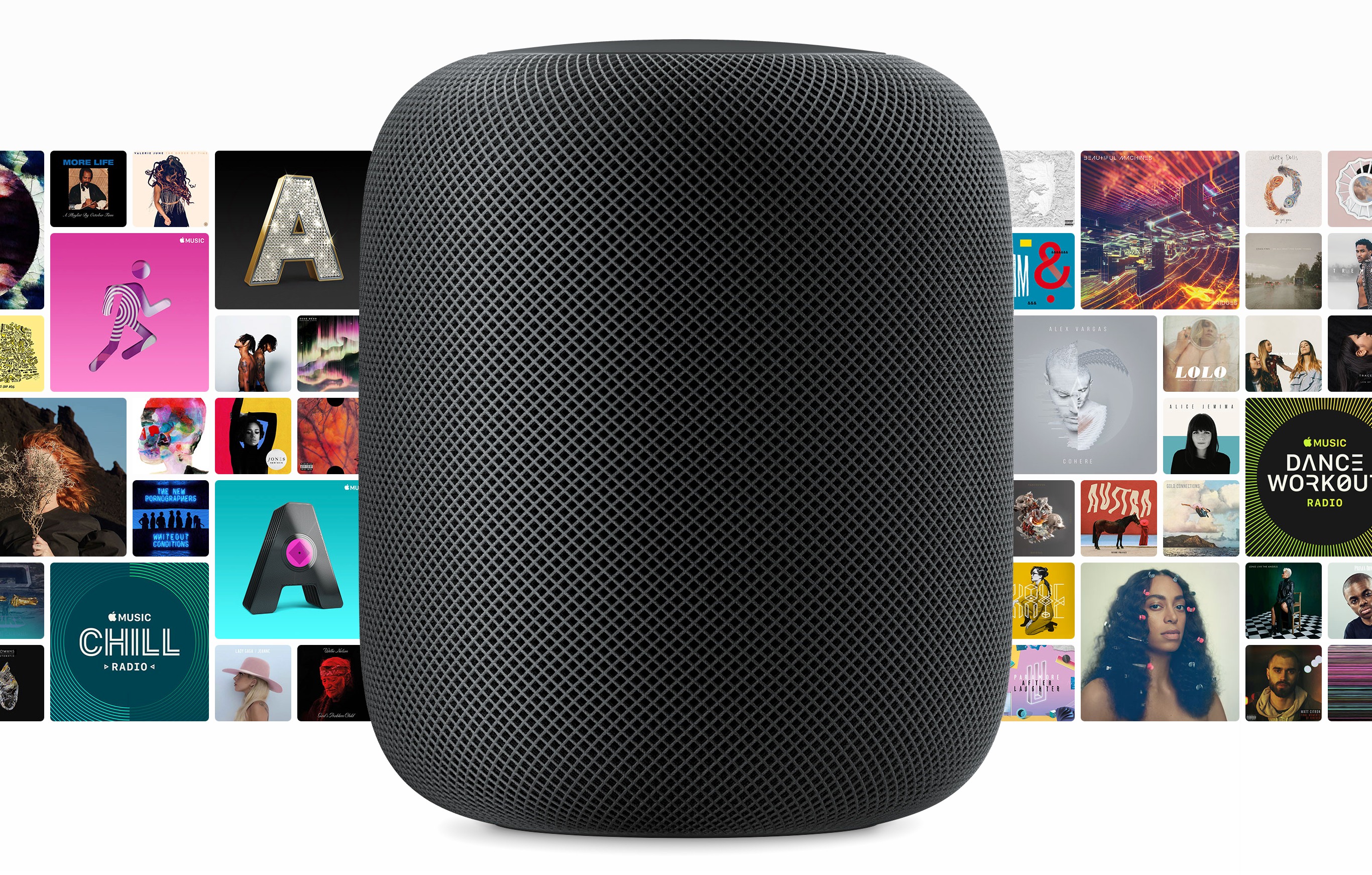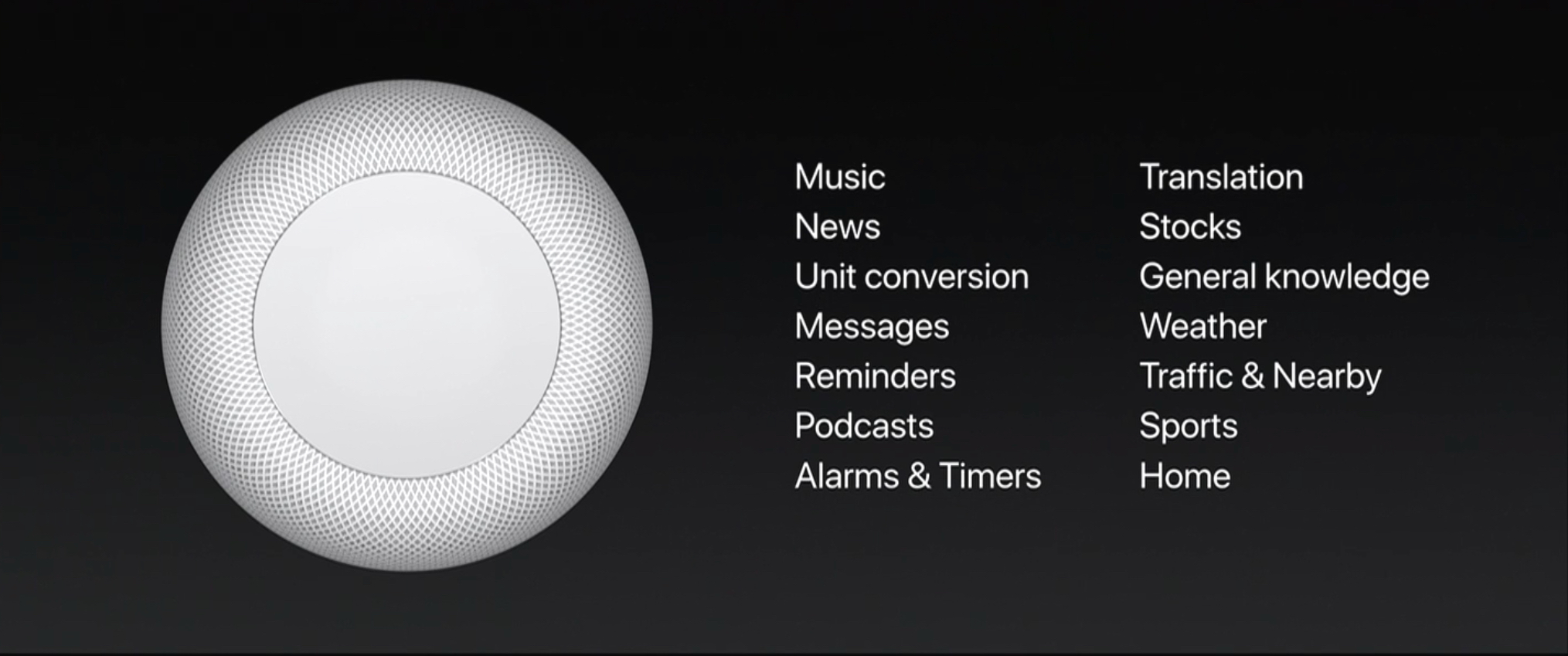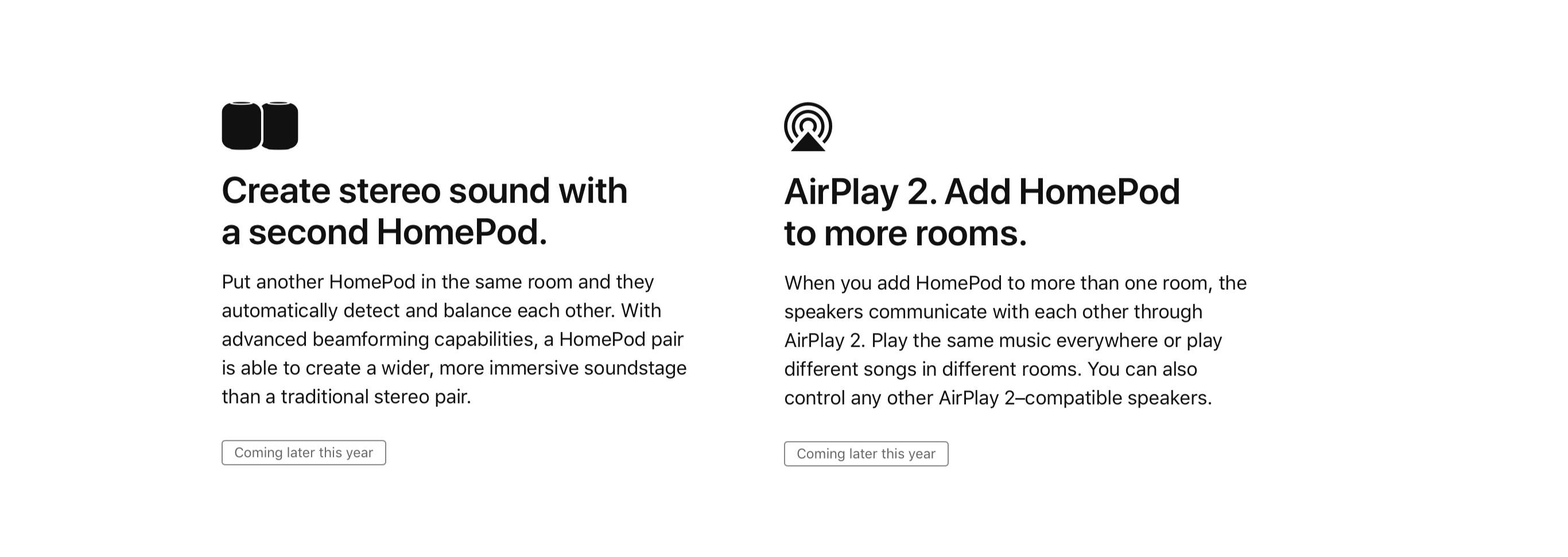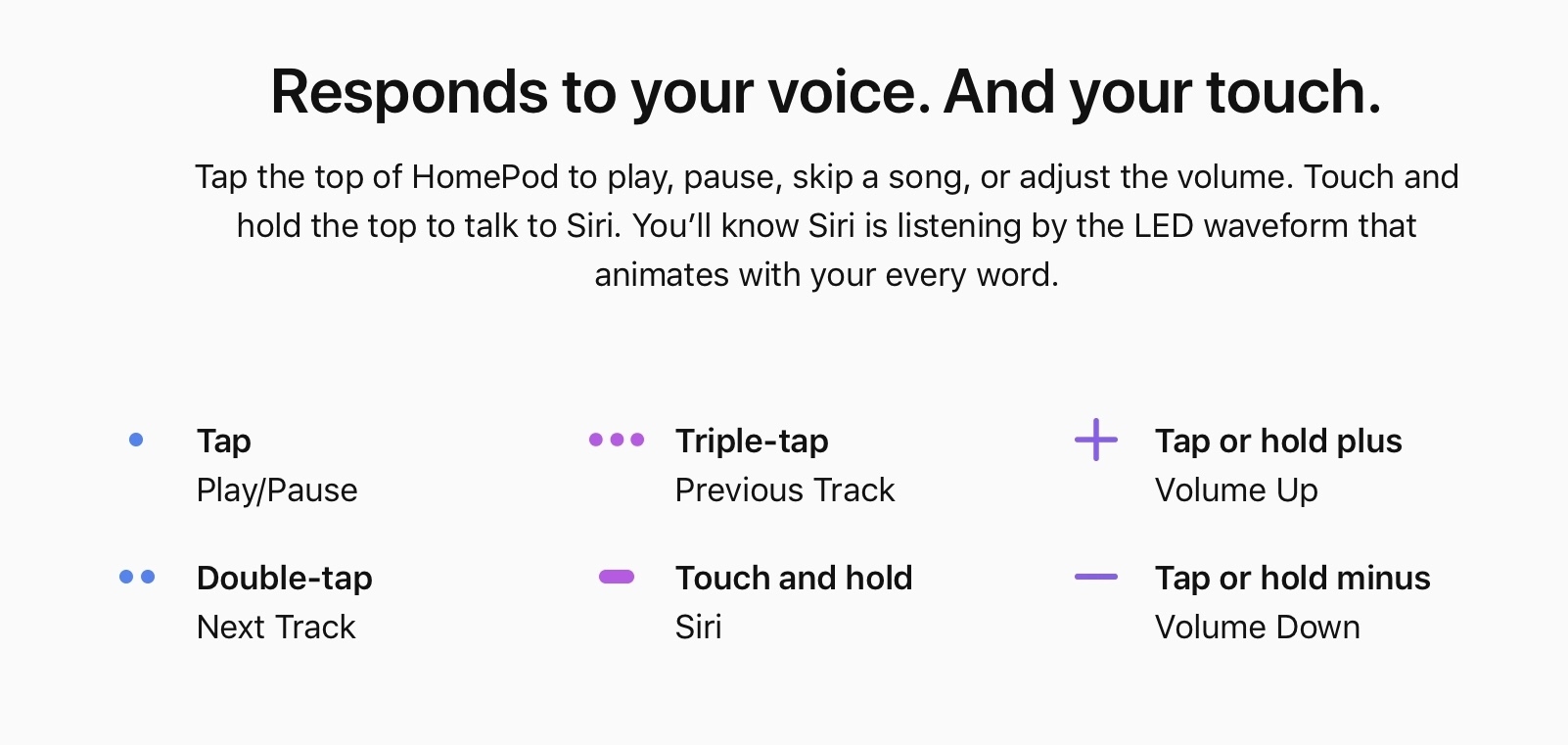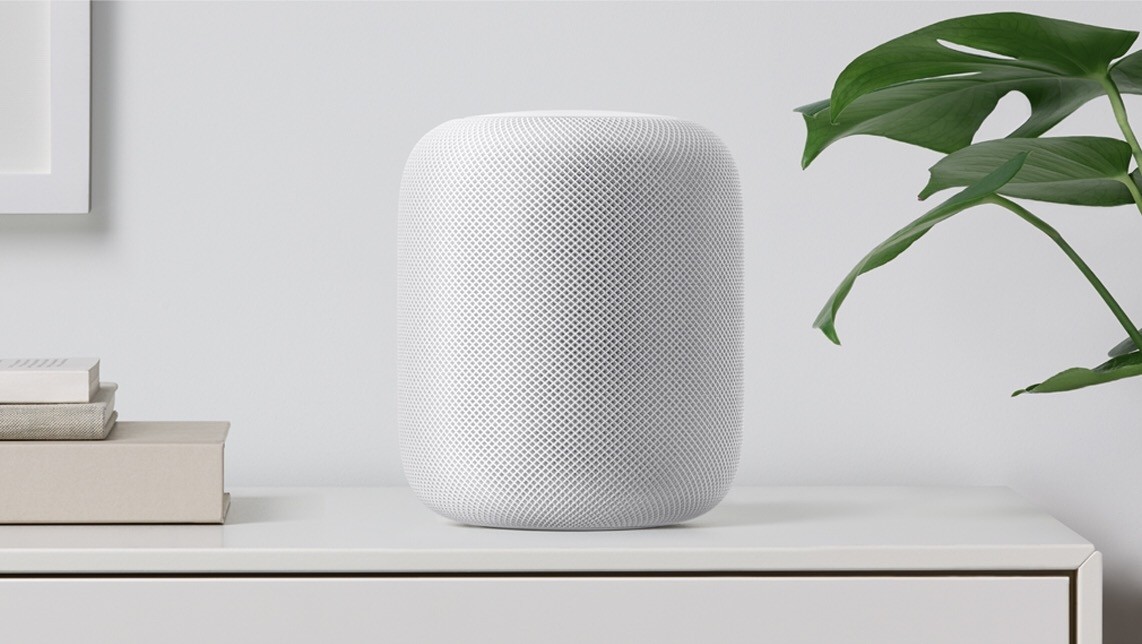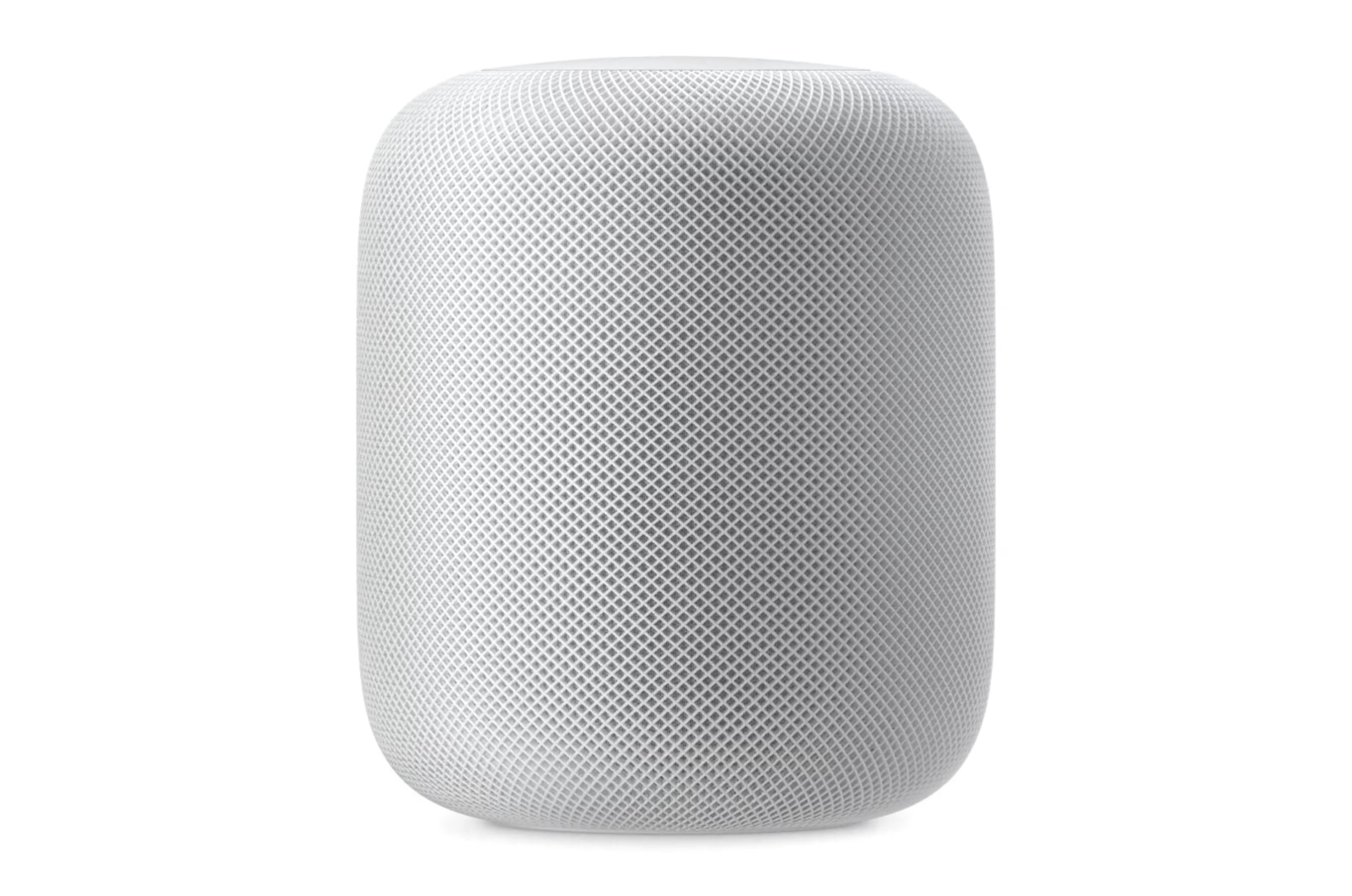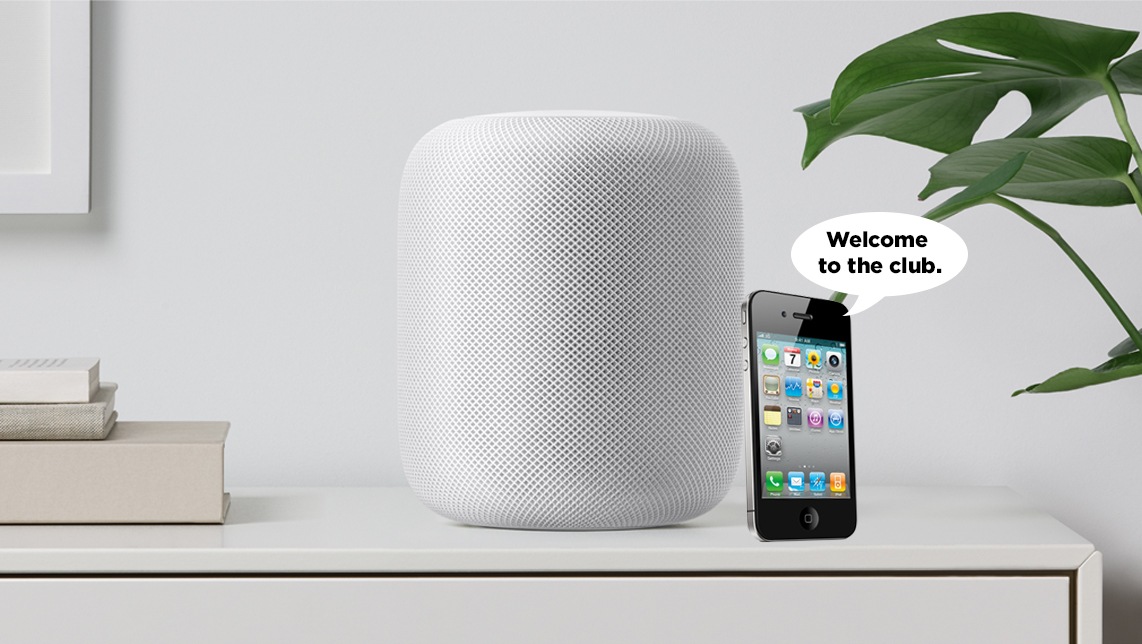Refinery29’s Madeline Buxton has spent one hour testing a HomePod ahead of preorders going live tomorrow, and, like others noted at WWDC ‘17, she came away impressed with the small footprint of the device and its audio quality compared to other smart speakers.
This bit from her story is interesting:
Secondly, although everyone in your apartment will be able to use the speaker, only the person who sets up HomePod on their iCloud account will be able to send texts, set up reminders, and get calendar notifications via voice commands. Google Home and Amazon Echo, meanwhile, can recognize different voices and provide personalized content accordingly. (If you do set up personal notifications on HomePod, these will only be available when you are on the network, so you don’t need to worry about your texts being read aloud at home when you are at work. If you don’t want them read aloud when you’re home, you can go into your HomeKit settings and turn off the notifications.)
To my knowledge, this is the first time we hear that HomePod does indeed support calendar notifications (which aren’t mentioned on Apple’s HomePod webpage). As Benjamin Mayo notes, details on how personalized calendar alerts would work are still unclear.
Update: Refinery29 has updated their story to clarify that HomePod will not support calendar notifications.
In addition, I assume that the ability to detect when the HomePod’s owner is at home is powered by the new user presence feature added to HomeKit in iOS 11. Even without a HomePod, iOS 11 lets you set up HomeKit automations with conditions that determine whether you or someone else is at home. The HomePod, as a HomeKit hub, will likely take advantage of the same API, which, in my experience with HomeKit automation in our apartment, has worked well since my girlfriend and I updated to iOS 11 on all our devices in September.


